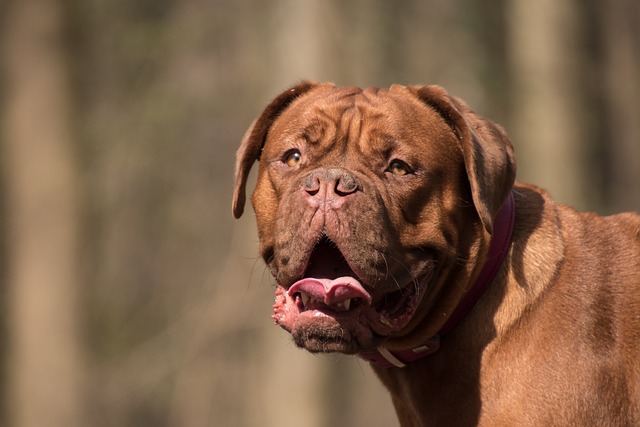
What is the best thing for dogs to chew on to clean teeth
If you’ve ever wrestled with a squirming pup to brush their teeth—only to end up with slobber on your shirt and a toothbrush chewed to bits
When you share your home with a large dog—whether it’s a gentle Great Dane, a playful Labrador, or a loyal German Shepherd—you quickly learn to cherish every moment. These big pups bring so much joy, but their time with us is often shorter than we’d like. Many owners wonder: what cuts their lives short most often? The answer, sadly, comes down to a group of health issues tied closely to their size.
Large dog breeds are prone to a range of conditions, but one stands out as the top threat: bone and joint problems, especially hip and elbow dysplasia. These genetic issues can start early, causing pain and limiting movement as dogs age. Over time, the stress on their joints leads to inflammation, arthritis, and in severe cases, immobility. It’s not just genetics, though—how we care for them matters. Feeding them too much or the wrong kind of food can make these issues worse, as extra weight puts even more strain on their bodies. That’s why sticking to vet-recommended diets and keeping them active (but not overexercised) is key.
Another major concern is bloat, a sudden and life-threatening condition where the stomach twists. Large, deep-chested breeds like Boxers and Dobermans are particularly at risk. Bloat can strike without warning, and if not treated within hours, it’s often fatal. Knowing the signs—restlessness, unproductive retching, a swollen belly—could save your dog’s life. Many vets suggest feeding smaller meals throughout the day instead of one large portion, and avoiding intense exercise right after eating, which might lower the risk.
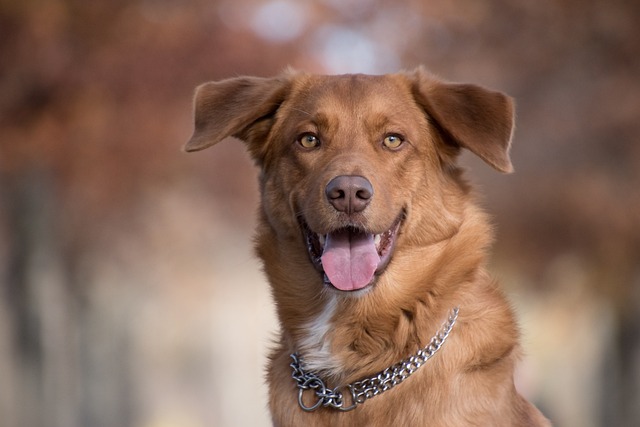 Heart issues also play a big role. Breeds like the Newfoundland and the Saint Bernard often struggle with dilated cardiomyopathy, a condition where the heart becomes too weak to pump blood effectively. Early signs can be subtle—lethargy, difficulty breathing during walks—but catching it early with regular check-ups can help manage it. Your vet might recommend medications or lifestyle changes to keep their heart strong for as long as possible.
Heart issues also play a big role. Breeds like the Newfoundland and the Saint Bernard often struggle with dilated cardiomyopathy, a condition where the heart becomes too weak to pump blood effectively. Early signs can be subtle—lethargy, difficulty breathing during walks—but catching it early with regular check-ups can help manage it. Your vet might recommend medications or lifestyle changes to keep their heart strong for as long as possible.
It’s not just physical health, though. The way we live with our large dogs matters, too. In many places, local rules require regular vet visits and proper containment to keep both dogs and communities safe. Skipping those check-ups because life gets busy? That’s when small issues turn into big ones. And while it’s tempting to let them lounge around all day (those puppy eyes are hard to resist!), large breeds need consistent, gentle exercise to keep their muscles and joints strong—just be sure to follow leash laws and respect public spaces, as keeping them under control is part of being a responsible owner.
Losing a large dog is never easy, but understanding these risks lets us take action. From choosing the right food to watching for early symptoms, every step we take helps them live their best, longest life. After all, these big, loving companions deserve nothing less. With care, attention, and a little help from your vet, you can make the most of every precious year with your gentle giant.

If you’ve ever wrestled with a squirming pup to brush their teeth—only to end up with slobber on your shirt and a toothbrush chewed to bits
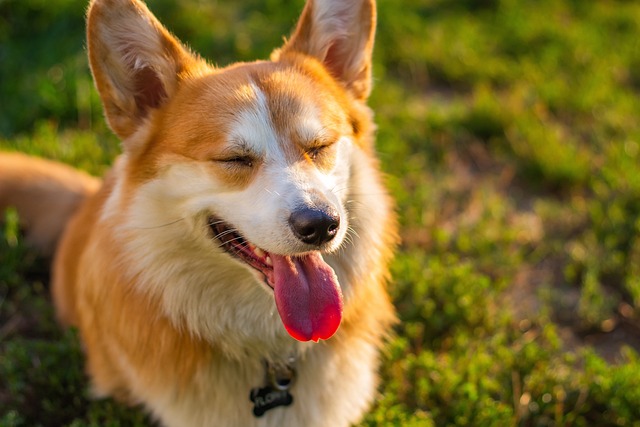
That faint whiff of fishy breath when your Golden Retriever greets you isn't just "dog smell" – it's likely the first clue to canine periodontal disease
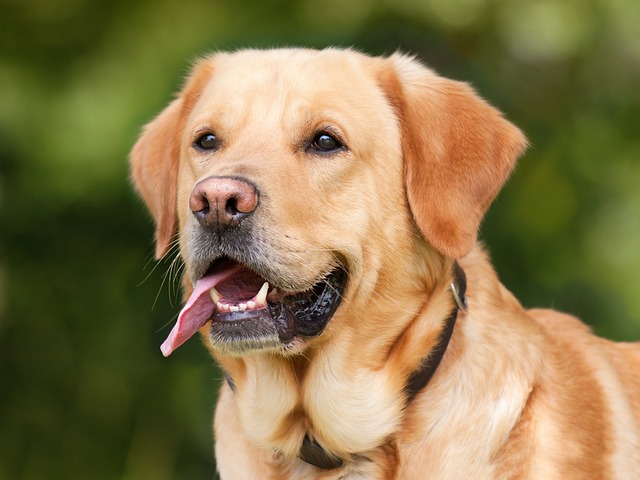
Ever felt that sinking worry when your energetic Labrador suddenly loses its appetite or starts a persistent belly rumble?Regular deworming isn't just a checkbox on a pet care list—it's a vital shield protecting your furry best friend from hidden health t
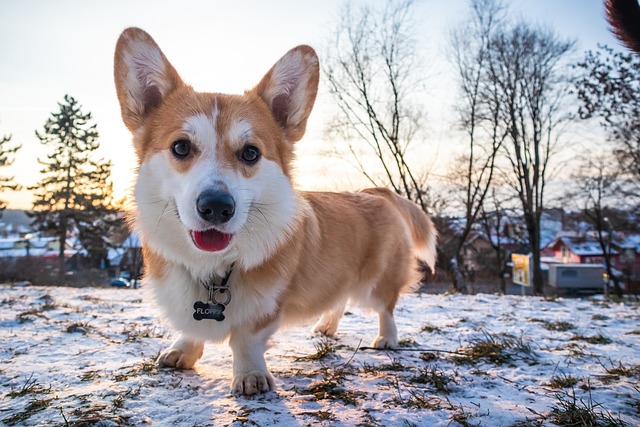
Watching your dog pant heavily on a hot day, or noticing their nose is dry and their eyes look sunken, can send a wave of panic through any new pet owner.

Cooking homemade meals for your dog feels like an act of love—chopping fresh veggies, simmering lean meat, knowing exactly what’s in their bowl.
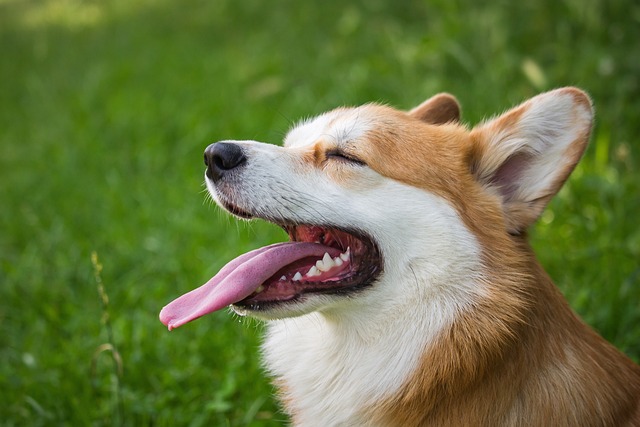
Picture this: You're scrambling to get ready for work, your golden retriever nudges your hand, and your daily multivitamin tumbles onto the kitchen floor.